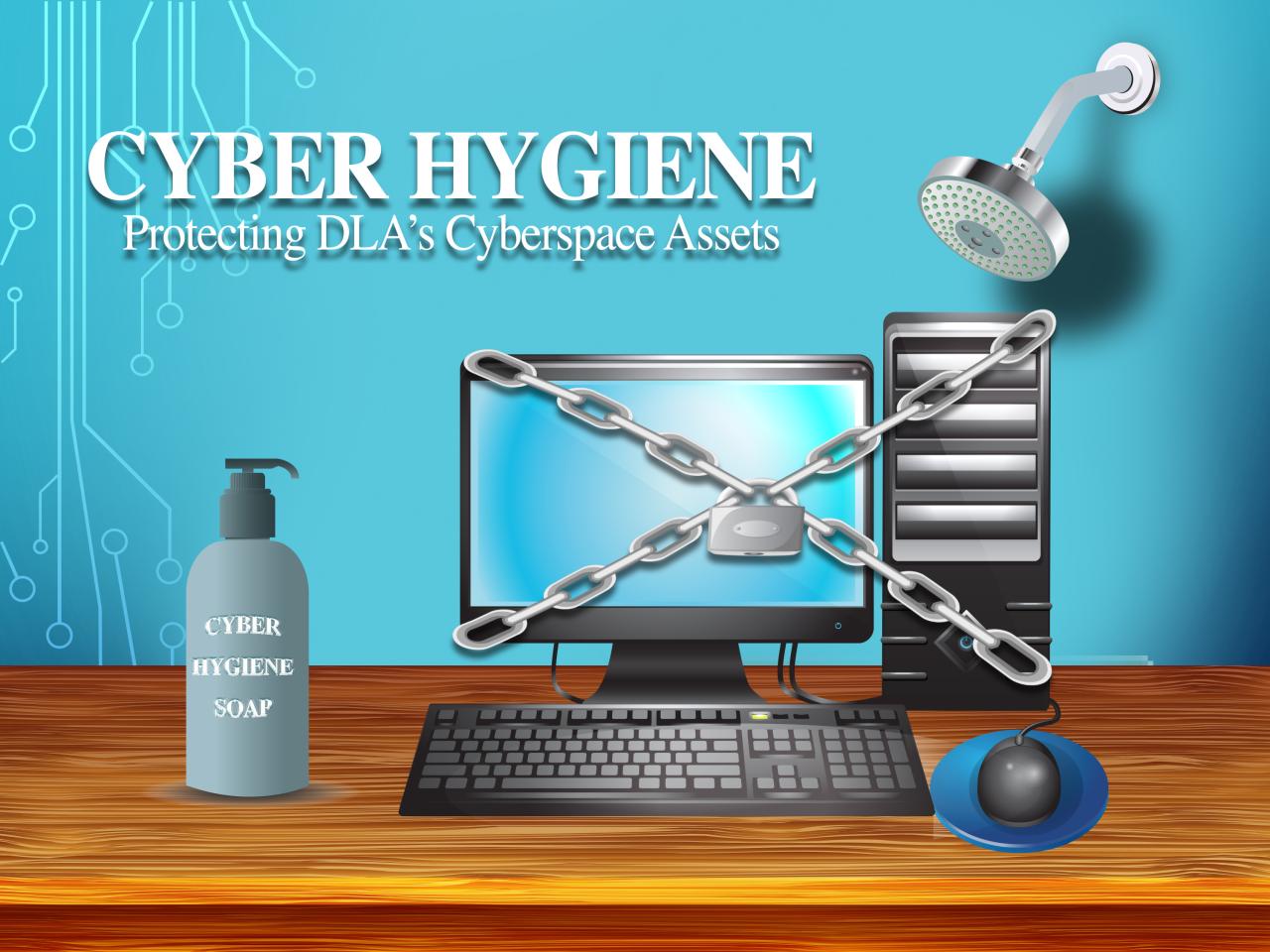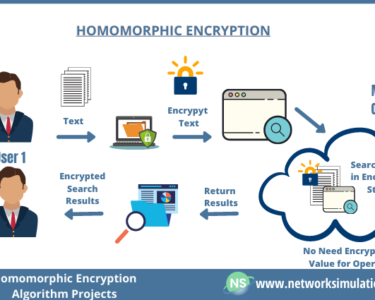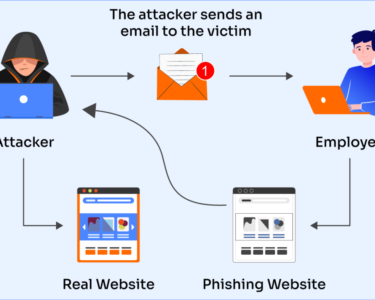
Cyber Hygiene for Everyday Users: Essential Practices to Protect Your Online Presence
In the digital age, where our lives are increasingly intertwined with the internet, it’s crucial to adopt sound cyber hygiene practices to safeguard our online presence and protect our personal information. Here are some essential tips to help everyday users enhance their cyber hygiene:
1. Use Strong and Unique Passwords:
Create complex passwords consisting of a minimum of 12 characters, including uppercase letters, lowercase letters, numbers, and symbols. Avoid using personal information or common words. Use a different password for each account to minimize the risk of compromise.
2. Enable Two-Factor Authentication (2FA):
2FA adds an extra layer of security by requiring you to provide a second form of identification, such as a code sent to your phone, when logging into accounts. This makes it harder for unauthorized users to access your accounts even if they have your password.
3. Keep Software and Apps Updated:
Software updates often include security patches that fix vulnerabilities that could be exploited by cybercriminals. Promptly installing updates for your operating system, browsers, and apps ensures that your devices and accounts remain secure.
4. Be Wary of Suspicious Emails and Websites:
Phishing emails and websites are designed to trick you into revealing sensitive information like passwords or credit card numbers. Hover over links and check the sender’s email address before clicking. Avoid clicking on links or opening attachments from unknown senders.
5. Use Anti-Virus Software and Firewalls:
Install and keep anti-virus software and firewalls up to date. They help prevent malware and other threats from infecting your devices and protect your network from unauthorized access.
6. Be Careful with Social Media Sharing:
Think before you post personal information, such as your location, birthdate, or financial details, on social media. Scammers can use this information to steal your identity or target you with tailored phishing attacks.
7. Use a VPN for Public Wi-Fi:
Public Wi-Fi networks are often vulnerable to eavesdropping. When using a VPN (Virtual Private Network), your internet traffic is encrypted, making it more difficult for others to intercept your sensitive data.
8. Back Up Your Data Regularly:
In case of a data breach or device failure, it’s essential to have a backup of your important files. Regularly back up your data to a secure cloud or external hard drive.
9. Monitor Your Financial Accounts:
Keep an eye on your bank and credit card statements for any suspicious activity. Report any unauthorized transactions promptly to your financial institution.
10. Educate Yourself and Stay Informed:
Stay up to date on the latest cyber threats and best practices for online security. Read articles, attend webinars, and follow reputable cybersecurity experts on social media.
Conclusion:
Cyber hygiene is not a one-time effort but an ongoing practice that requires vigilance and awareness. By adopting these essential tips, everyday users can significantly reduce their risk of becoming victims of cybercrime and protect their personal information from unauthorized access and misuse. Remember, the internet is a powerful tool, but it’s also a potential minefield of cybersecurity threats. By maintaining good cyber hygiene, you can navigate the digital world safely and securely.



